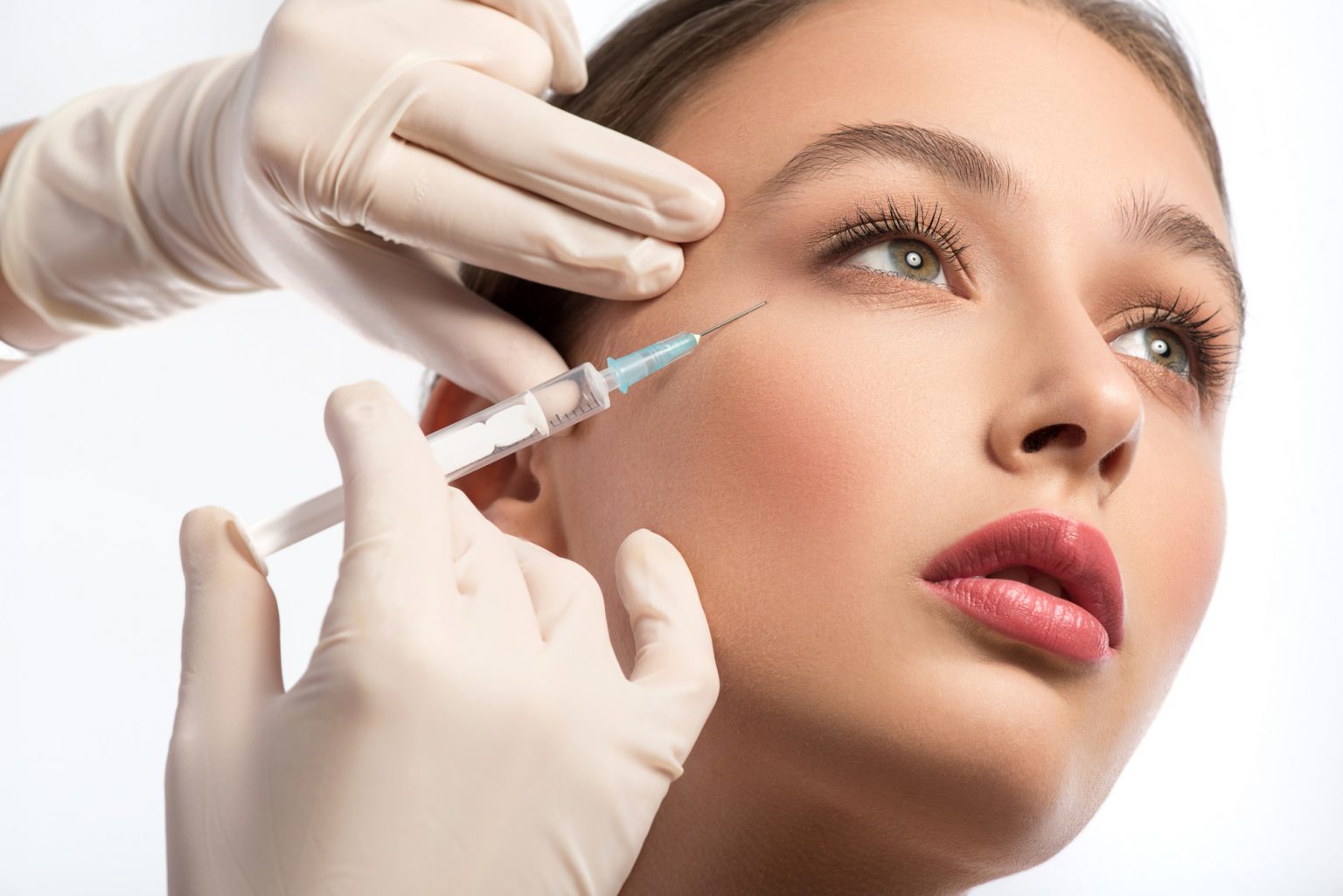Botox, Dysport, Xeomin, and Jeuveau are all popular cosmetic treatments that are used to reduce the appearance of fine lines and wrinkles. However, there are some differences between these products that are important to consider before choosing a treatment.
Botox is a well-established brand that has been used for cosmetic purposes for over 20 years. It is made from botulinum toxin type A and works by temporarily relaxing the muscles that cause wrinkles. Botox is a popular choice for treating forehead lines, crow’s feet, and frown lines.
Dysport is a newer product that is similar to Botox in terms of its mechanism of action and intended use. It is also made from botulinum toxin type A and works by temporarily relaxing the muscles that cause wrinkles. Some people prefer Dysport over Botox because it is said to have a faster onset of action and to spread more evenly over a treated area.
Xeomin is another option that is similar to Botox and Dysport. Like the other two products, Xeomin is made from botulinum toxin type A and is used to reduce the appearance of fine lines and wrinkles. One of the key differences between Xeomin and the other two products is that Xeomin is a “naked” botulinum toxin, meaning that it does not contain any auxiliary proteins that may cause a patient to develop an immune response.
Jeuveau is a newer product that was recently introduced to the market. It is made from botulinum toxin type A and is intended to be used for the same cosmetic purposes as Botox, Dysport, and Xeomin. One of the key differences between Jeuveau and the other products is that Jeuveau is made using a newer manufacturing process that is said to result in a higher-quality product.
In conclusion, Botox, Dysport, Xeomin, and Jeuveau are all cosmetic treatments that are used to reduce the appearance of fine lines and wrinkles. Each of these products has its own unique features and benefits, and the best choice for a particular patient will depend on a number of factors, including the patient’s individual needs and preferences. It is important to discuss these options with a qualified healthcare professional to determine which treatment is right for you.
*Disclaimer: The information and answers contained in this section provide a general guide to laws that apply to “medical spas”. The information contained on this site is for general reference only. This information is not intended to provide legal advice, and it should not be relied upon as legal advice. This information is not intended to create, and receipt of it does not constitute, an attorney-client relationship. Readers: You should not act upon this information without seeking knowledgeable legal counsel that takes the laws of your jurisdiction into account. All uses of the content of this site, other than personal uses, are prohibited.

